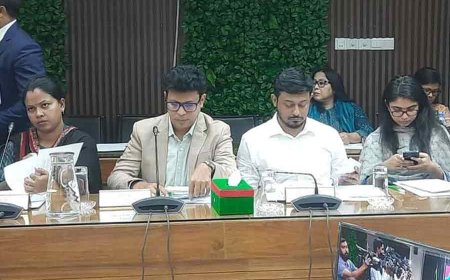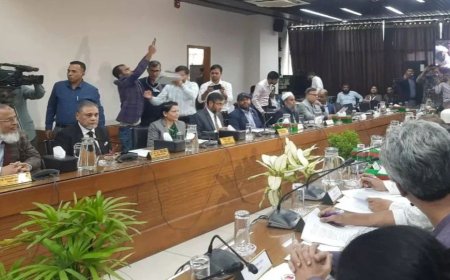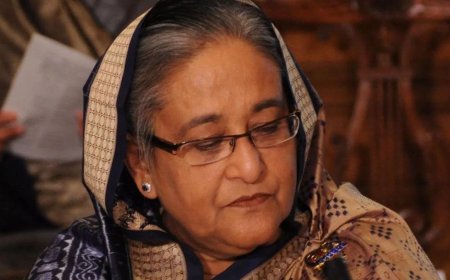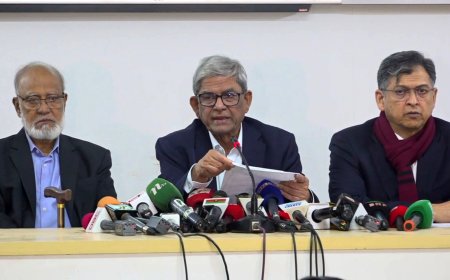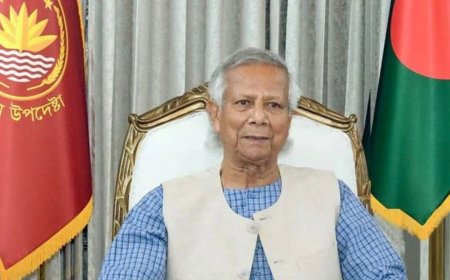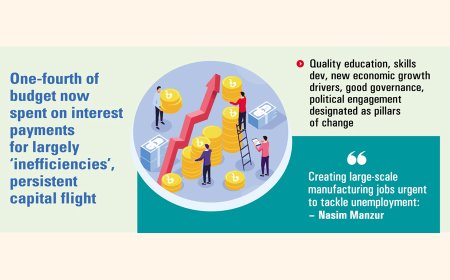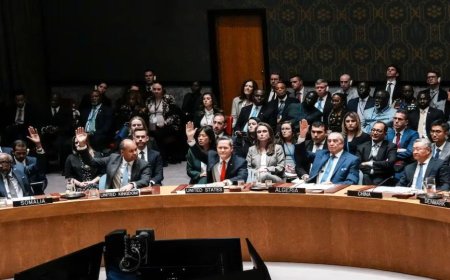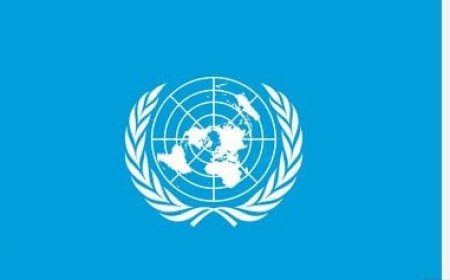Better Work Programme Brings Gains for Bangladeshi RMG Factories
Better Work Programme Brings Gains for Bangladeshi RMG Factories

Garment factories participating in the Better Work Bangladesh (BWB) programme are facing significantly fewer social audits—routine assessments used to evaluate labour and human rights risks—compared to non-participating factories.
Babylon Group, which operates four knit and woven garment units, reported a drop in the number of annual social audits from around 12 to seven or eight after joining the programme. Rubaet Bin Aziz, Group General Manager of HR, Admin, and Compliance at Babylon Garments Limited, shared this during a media visit to the company’s factory in Mirpur on Thursday.
“This reduction not only saves valuable time but also cuts annual costs by nearly Tk 10 million,” said Aziz.
Three of the group’s factories have been part of the BWB initiative for the past seven years. The media visit, arranged by BWB, aimed to highlight how structured social dialogue and effective grievance mechanisms can foster better worker-management relations, enhance productivity, and promote worker welfare.
An International Trade Center (ITC) report released in August last year observed that despite a global decline in social audits—particularly in countries like China, Vietnam, Turkey, and India—Bangladesh’s ready-made garment (RMG) sector still experiences the highest average number of such inspections.
The report warned that audit overload can lead to inefficiencies and fatigue in supply chains. Bangladeshi apparel exporters echoed these concerns, noting that audits are often repeated by the same firms on behalf of different buyers, disrupting operations and generating redundant expenses.
Social audits are essential for identifying risks and ensuring compliance with international labour standards and ethical sourcing requirements. However, the Better Work programme—jointly run by the International Labour Organization (ILO) and the International Finance Corporation (IFC)—seeks to balance compliance with meaningful improvements in working conditions and business performance.
Since its launch in Bangladesh in 2015, the programme has enrolled around 490 factories and reached approximately 1.3 million workers, over half of whom are women, according to BWB Team Lead Syed Fazle Niaz.
Nasrin Akter, a senior operator and president of the Babylon Garments Workers Union, told The Financial Express that the union regularly conveys worker demands to management. She cited a recent example where a 10-day Eid-ul-Adha holiday was granted on May 12 following worker requests—days before the BGMEA issued similar recommendations.
Aziz underscored Babylon’s commitment to ethical labour practices and a governance structure that prioritises open communication. He credited BWB’s capacity-building efforts for equipping union leaders with stronger critical thinking and communication skills.
Niaz added that empowering trade unions to represent worker voices effectively contributes to business stability and long-term growth.
What's Your Reaction?








